A History of the Handel Choir of Baltimore (19352013)
A History of the Handel Choir of Baltimore (19352013)
Music, Spread Thy Voice Around
Carl B. Schmidt
Lexington Books
Lanham Boulder New York London
Published by Lexington Books
An imprint of The Rowman & Littlefield Publishing Group, Inc.
4501 Forbes Boulevard, Suite 200, Lanham, Maryland 20706
www.rowman.com
Unit A, Whitacre Mews, 26-34 Stannary Street, London SE11 4AB
Copyright 2015 by Lexington Books
All rights reserved . No part of this book may be reproduced in any form or by any electronic or mechanical means, including information storage and retrieval systems, without written permission from the publisher, except by a reviewer who may quote passages in a review.
British Library Cataloguing in Publication Information Available
Library of Congress Control Number: 2015950333
ISBN: 978-0-7391-9933-6 (cloth: alk. paper)
eISBN: 978-0-7391-9934-3
 The paper used in this publication meets the minimum requirements of American National Standard for Information SciencesPermanence of Paper for Printed Library Materials, ANSI/NISO Z39.48-1992.
The paper used in this publication meets the minimum requirements of American National Standard for Information SciencesPermanence of Paper for Printed Library Materials, ANSI/NISO Z39.48-1992.
Printed in the United States of America
For Melinda ONeal
Inspiring Conductor, Colleague, Friend
Since singing is so good a thing,
I wish all men would learne to sing.
(William Byrd, 1588)
Contents
The narrative of a major cultural institutions birth and life journey is not about the organization, actually, but rather about people, their lives and values. Who were the major players; what were the forces that conspired to form this organization; why has it flourished for over seventy-eight years? Most importantly, what music inspired and sustained such profound commitment of resolve and resources by so many?
There are venerable independent choral societies in major metropolitan areas throughout the United States of America. The earliest and most longstanding ones are in Boston, New York, Philadelphia, Pittsburgh and, yes, Baltimore. Founders and sustainers were not all professional musicians, but instead were individuals who, while pursuing other professions and raising families, loved to sing or play an instrument. For many, either they or their parents immigrated from Europe or Great Britain where they had learned of the choral-orchestral works of Purcell, Bach, Handel, Haydn, Mendelssohn, Beethoven, and Brahms. It was experiencing the transcendent joy of singing and playing well-crafted, inspiring music that led to the formation of Handel Choir and similar organizations. The music was and is participatory, to be enjoyed in a community as an essential part of daily existence.
Over the years audiences have flocked to hear Handel Choirs voices and instruments resounding in over one hundred Baltimore area venues, from the Lyric Opera Theater to Brown Memorial Church, from Beth El Congregation to the Baltimore Convention Center and well beyond. Music has ranged from Palestrina, Bach and Handel, Mozart and Brahms, to Stravinsky, Prt, Leshnoff, and McCullough. Of course many of Handels oratorios, anthems, and concertos have been performed, not the least of which is Messiah . Indeed, this invaluable history confirms through careful documentation that Handel Choir, since its inception and without exception, has presented Messiah annually.
Remarkably, only ten artistic directors have led the organization with longevities ranging from two years to twenty-five. Including those and a handful of guest conductors, I am pleased to have met seven. Handel Choirs founder, Katharine E. Lucke, was a Baltimore church choir director, composer, organist and Peabody Conservatory instructor. What an honor it is for me to benefit from the legacy of her vision and the leadership of all my predecessors.
With this history, Carl B. Schmidt has brought Handel Choir of Baltimore more vividly into focus than ever before. We who know and love this organization are profoundly grateful to him for devoting his exquisite investigative and narrative skills to this endeavor. His gift brings to light many, many wonderful gifts by board members, donors, singers, guest soloists, orchestral musicians, conductors, and audiencesall of whom have been inspired, unquestionably, by the music.
Melinda ONeal
Artistic Director & Conductor (20042013)
All too frequently historians find themselves writing the history of individuals, events, or institutions that existed long before their time. Such is not the case here because this history of the Handel Choir of Baltimore concerns an ever-vibrant element of the citys and regions cultural landscape. The choir, in existence more than seventy-five years, shows no signs of relinquishing its position as the longest continuously operating choral group in Baltimore or its tradition of having performed Handels Messiah at least once every season since its founding.
Historians may approach their task from a variety of positions: some write about subjects with which they have no direct connection; others write about those in which they are directly involved; and a few write utilizing a combination of the two. It should be noted here that, for nearly eighty-five percent of the choirs history, the present writer was an unbiased bystander to its activities. In 200102, however, he and Paul Traver (then Professor Emeritus of Choral Music at the University of Maryland) were retained as consultants to the Handel Choir board to assess the choirs artistic operation while other consultants considered the choirs management and office operations. Subsequently I was asked to become a board member in the 200203 season, a position I maintained through Melinda ONeals tenure. I can, therefore, bear personal witness to the last years of T. Herbert Dimmocks tenure, to the interim year during which I acted on behalf of the board in overseeing the choirs repertoire and appointment of guest conductors, and the entire tenure of Melinda ONeal, with whom it has been a great pleasure to work as a member, cochair, or chair of the artistic committee of the board. While from 2001 on the author cannot be considered a completely unbiased observer, he can be considered an eyewitness.
Unfortunately, there are significant lacunae in what has been retained over the years, and the choir is still trying to locate newsletters, programs, and ephemera. Research has also involved the consultation of documents and programs at the Peabody Conservatory Archive of The Johns Hopkins University, Enoch Pratt Free Library in Baltimore, Maryland Historical Society in Annapolis, and extensive reading of the Baltimore Sun and other newspapers and journals. Furthermore, interviews were conducted with former or present choir and board members, conductors, accompanists, and others, some of whom were associated with the choir as early as the 1950s. Through their collective memory the story uncovered via library research has been made to come alive for more than half of the choirs existence. Anecdotal evidence from these interviews has greatly enriched and in some cases validated or refuted what was gleaned from dusty library tomes, newspaper reviews, and programs.
Writing the early history of the Handel Choir has been facilitated by the fact that the choir performed only several times a season, and Baltimore newspapers diligently reported its activitieswhether musical or socialand reviewed its concerts. New directors, board elections, and collaborations with other groups for National Music Week all received their due, particularly in the Baltimore Sun . As the choir entered the 1970s, however, the number of concerts increased to the point where discussing them in detail here would have created tedious reading and unduly lengthened the book. Concomitant with the increase in performances came an unfortunate decrease in the number of reviews and mentions in the press. Once again, the lack of printed sources has been balanced by information obtained from personal recollections.
Next page
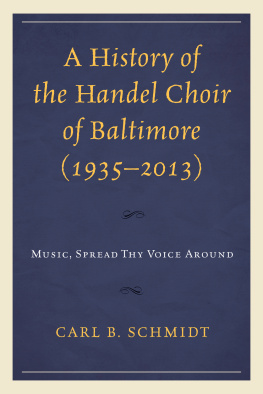

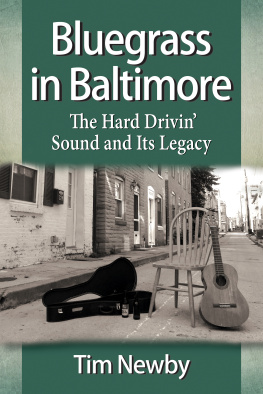
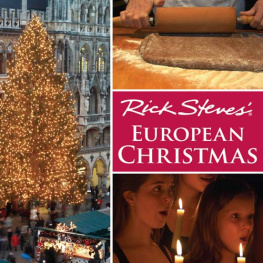
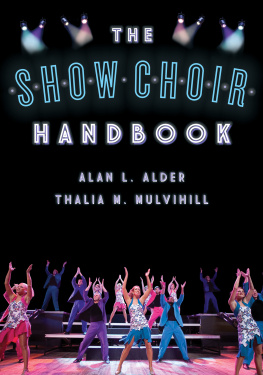
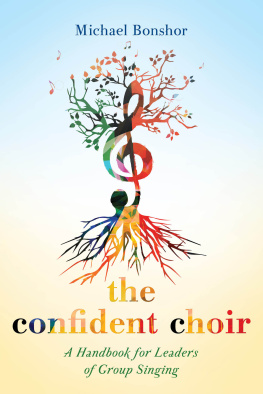
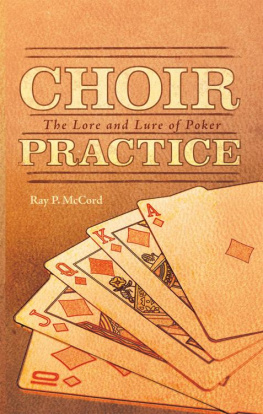
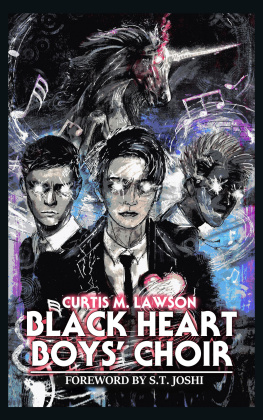
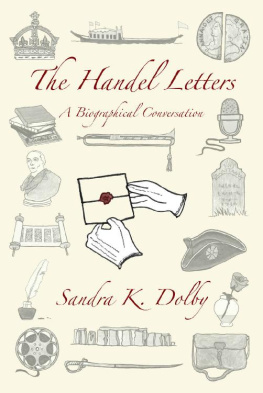
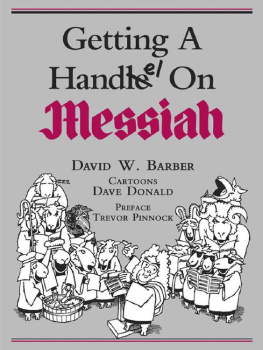
 The paper used in this publication meets the minimum requirements of American National Standard for Information SciencesPermanence of Paper for Printed Library Materials, ANSI/NISO Z39.48-1992.
The paper used in this publication meets the minimum requirements of American National Standard for Information SciencesPermanence of Paper for Printed Library Materials, ANSI/NISO Z39.48-1992.